COVID prompts another milestone, as India clears first DNA vaccine
pharmaphorum
AUGUST 23, 2021
The COVID-19 pandemic accelerated the development of mRNA-based vaccines, and its influence has now extended to DNA-based shots as well, with Zydus Cadila’s ZyCoV-D getting emergency use authorisation in India. Proponents of the approach claim that DNA vaccines may have advantages over other technologies like mRNA.

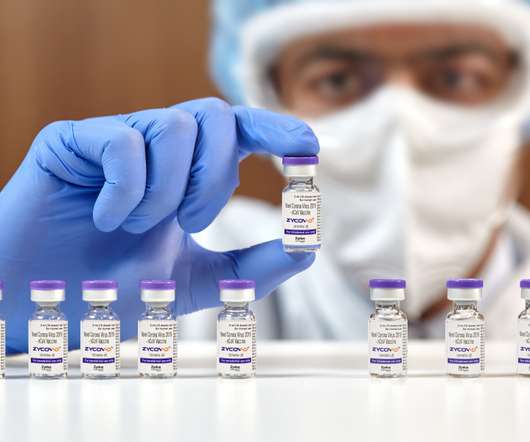
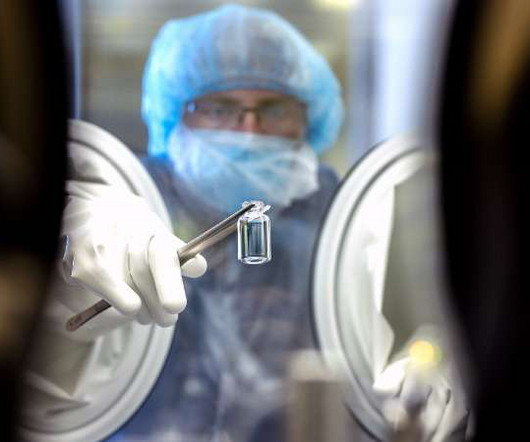


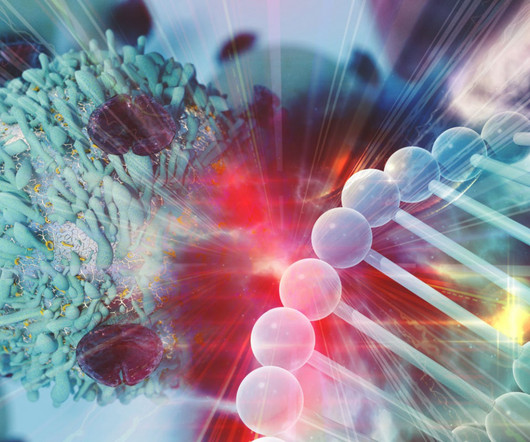



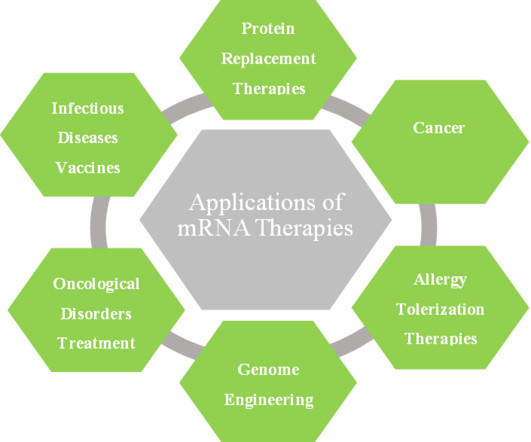

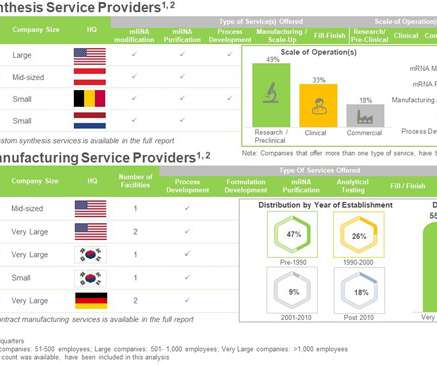










Let's personalize your content